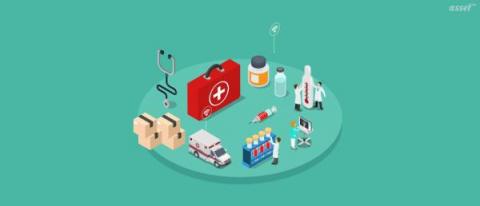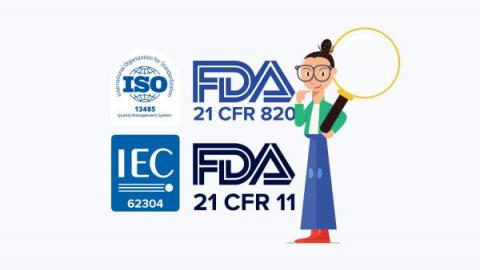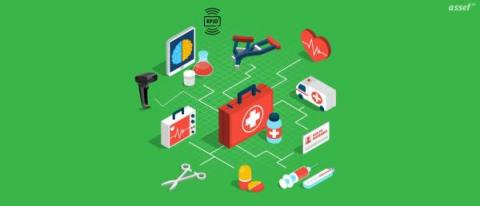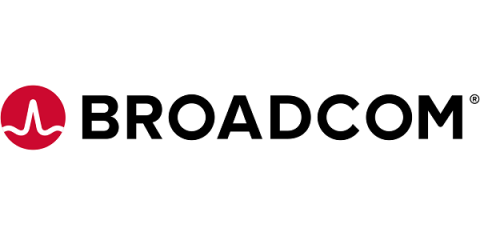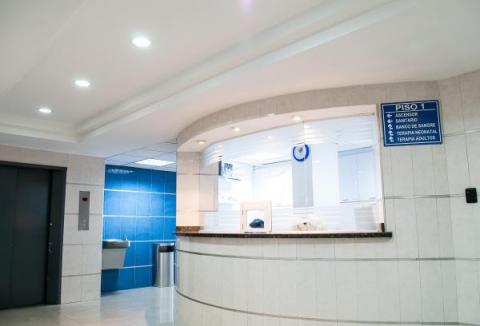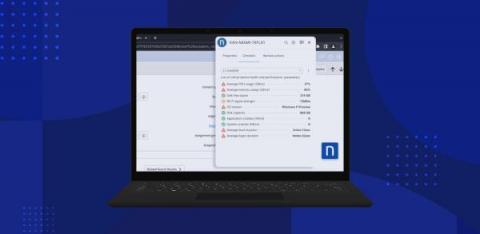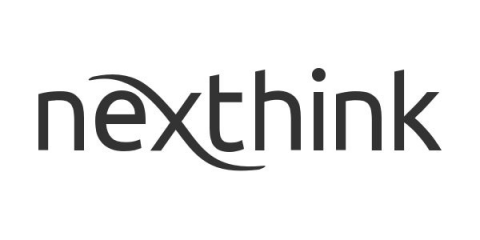Operations | Monitoring | ITSM | DevOps | Cloud
Healthcare
Boost Your Workflow And Get More Done: Top Tips For Streamlining Your Work
Optimizing inventory management with RFID technology in the healthcare industry
The healthcare industry is one of the most complex and demanding industries in the world, with a wide range of products and supplies that must be carefully managed and tracked. Proper inventory management is critical to ensuring that hospitals, clinics, and other healthcare facilities have the supplies they need to provide the highest level of care possible.
How to prove your SDLC is being followed for compliance with medical standards like IEC 62304
If you’re part of a software engineering team in digital health, medtech, medical devices, Software as a Medical Device (SaMD), etc. you have to comply with regulatory standards. And one of the biggest challenges engineering leads have in this sector is figuring out what they have to do to achieve software delivery compliance.
Real-time visibility and control over assets with RFID in the healthcare industry
The healthcare industry is a complex and rapidly evolving sector that requires real-time visibility and control over assets to optimize operations and ensure the delivery of quality care. One of the technologies that can provide such visibility and control is Radio Frequency Identification (RFID). RFID can enable healthcare providers to track, manage, and monitor their assets in real-time, leading to improved efficiency, reduced costs, and better patient outcomes.
How do you write a good nursing paper?
The New Networking Realities in Healthcare
Systems for managing electronic health records (EHRs), clinical decision support, claims and payments, operations, and more are advancing rapidly in the healthcare industry. A more complex and dynamic mix of internal and external networks now play an integral role in patient outcomes. Digital transformation in healthcare is swiftly moving from islands of data to interconnected hybrid environments through critical apps like Epic Systems.
How Software Can Improve Several Aspects of a Medical Practice
US Hospital Saves $1.7M through Onsite Ticket Reduction
In any hospital, IT tickets raised by doctors and nurses are critical because every IT issue they face takes time and energy away from the delivery of care. The longer it takes to resolve a ticket from clinical staff, the greater the potential negative impact that issue can have on patient experience. Yet even with significant investment in support resources, doctors and nurses may still feel their technology issues are not resolved fast enough.
Large Health System Reduces Critical Application Crashes by 90% via Nexthink Automation
Digital innovations have completely transformed the healthcare industry over the past decade. Today, clinical staff rely on applications to complete nearly every aspect of their day to day duties, from maintaining data privacy compliance to conducting telehealth. That makes it even more important that these critical applications stay online.




